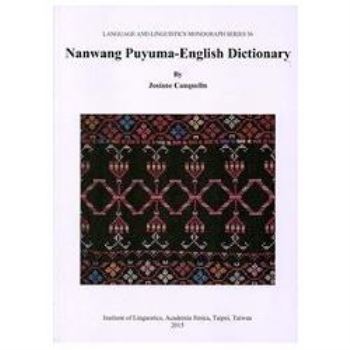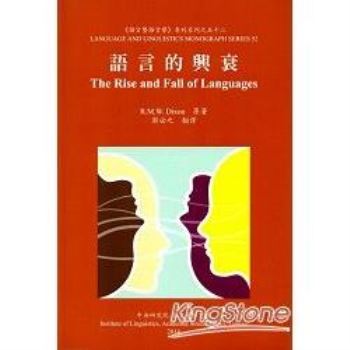-
排序
- 圖片
- 條列
Nanwang Puyuma-English Dictionary
This work is not the result of an extensive lexicographic project. If it were, more attention would have been given to certain types of data such as floral and faunal identifications. For better or worse, with whatever lacunae, it represents instead data collected over many years of hearing and speaking the Nanwang Puyuma dialect with emphasis on the sorts of intimate details of everyday (and night) speech not ordinarily accessible to outsiders. Li & Tsuchida (2006:2) aptly note in their dictionary of another Formosan language that: ‘Kavalan is still an actively spoken language. As a result, it seems there is no end to what we can add to the Dictionary. We can always find a few new lexical items, forms, and examples on each field trip.’ This observation is particularly apposite for Nanwang Puyuma, where speakers admit they enjoy playing with words. As they say, sagar-ta parbua Da ngai ‘we love creating new words’, and misasa na Taw, sasaya tu-ngai ‘each person has his own words’.
語言的興衰 The Rise and Fall of Languages
(1) 介紹比較歷史語言學正當的方法學。 (2) 提出「疾變平衡」模式這個創新的意念,用以解釋語言在過去十萬年甚至更長一段時間的發展。 (3) 強調現今語言學家所面臨的主要任務。在目前世界約四千種的語言中,大部分只有數萬、甚至只有數百名使用者。它們全都受到全球化的影響。正因如此,絕大多數的語言會在未來數百年間消失。現在最重要的事情,是受過訓練的語言學家必須對那些語言進行大規模沈浸式的田野調查,並提供綜合描述,以免太遲根本做不了。那些描述應該在「基本語言學理論」的框架內進行,這是過去數十年幾乎所有上佳語法描述採用的框架。
語言資訊和語言類型[軟精裝]
第四屆漢學會議語言學組論文集共收錄了10篇文章,涵蓋本次會議語言學組的主題演講、院士演講和分場論文,其中與「語言資源」相關的論文有4篇,與「語言類型」相關的論文有6篇。





![語言資訊和語言類型[軟精裝] 語言資訊和語言類型[軟精裝]](https://cdn.kingstone.com.tw/book/images/product/20252/2025214220103/2025214220103m.jpg)